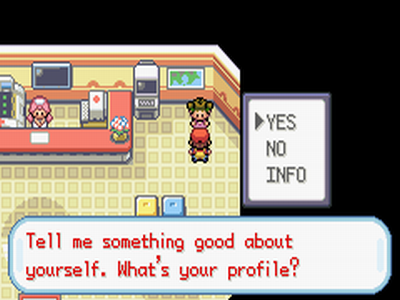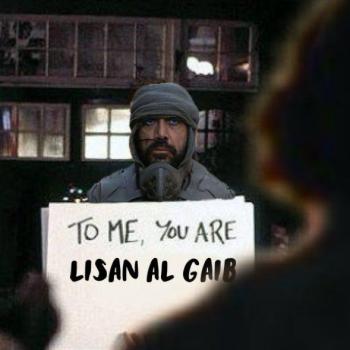 One doesn’t have to spend much time online, whether on a blog like this one o ever more so a site like Reddit, to experience what I am talking about.
One doesn’t have to spend much time online, whether on a blog like this one o ever more so a site like Reddit, to experience what I am talking about.
There seem to be more people than ever before who treat their interactions with other people, things that might well have been conversations had this approach not been taken, as though they were interacting with enemies in a first-person shooter game, or monsters in a hack-and-slash role playing game.
It is as though the aim is to defeat a level 43 atheist or a Christian boss, as though doing so would somehow “win” the “game.” But whereas in most games, if a character disappears or leaves, it means you have won, when interacting with real people, it often means that they have become frustrated with your immaturity, inanity, dishonesty, incomprehension, or other aspects of your behavior towards them.
The fact that I had to qualify the type of role playing game earlier should clue the reader in that it isn’t necessarily the gamification per se that is the problem, so much as the kind of game. Maybe I should call it the problem of the Doomification of online discourse – with reference to that classic game mainly because the term “modernwarefare3ification” is unlikely to catch on.
Even before there were video games, or at least video games that were anything like the modern ones, those of us who played role playing games like Dungeons and Dragons knew that there were two approaches. Sometimes there were scenarios or settings in which one simply had to defeat monsters. But there were others where you had to talk to the characters and creatures you encountered, and without doing so, your quest could not be successful. And if we found ourselves with a “slash first, ask questions later” sort of player in a scenario of the latter sort, it was frustrating for everyone.
 And so perhaps what we need, in language appropriate to this era, is the pokemonification of online discourse. While the anonymity that most people maintain online is problematic and contributes to interactions being more hostile than they should be, if more people at least thought about their online presence in terms of Pokémon, then perhaps they might be more open to the possibility that the random people they encounter, even ones that seem unlikely, might not be opponents with whom they have to do battle, but people who have important information that then need to obtain, and from whom they have to figure out how to get it.
And so perhaps what we need, in language appropriate to this era, is the pokemonification of online discourse. While the anonymity that most people maintain online is problematic and contributes to interactions being more hostile than they should be, if more people at least thought about their online presence in terms of Pokémon, then perhaps they might be more open to the possibility that the random people they encounter, even ones that seem unlikely, might not be opponents with whom they have to do battle, but people who have important information that then need to obtain, and from whom they have to figure out how to get it.
What do others think? Is “gamification” – or at least, gamification that emulates a particular sort of game – a part of the reason why so much online interaction is so disappointing and hostile? Would trying to promote the pokemonification of online interaction be a helpful antidote, or at least a relevant metaphor for the attempt to change the culture of online interaction in our day and age?












